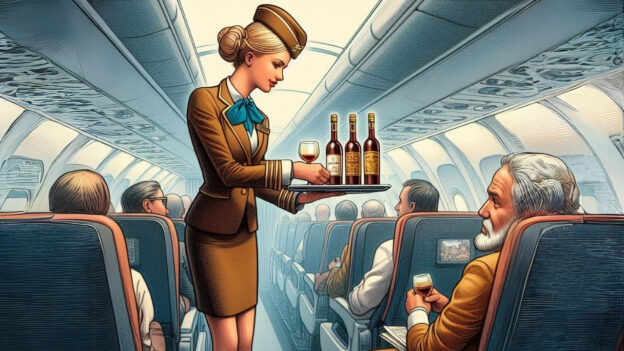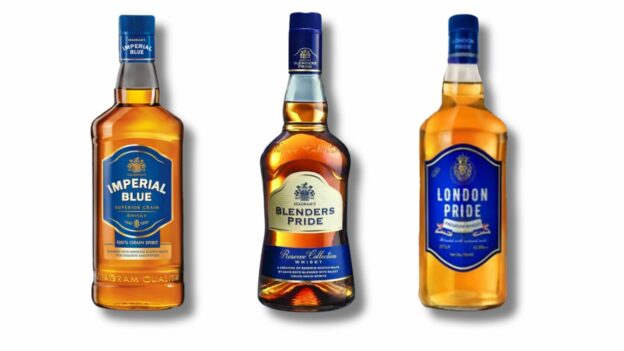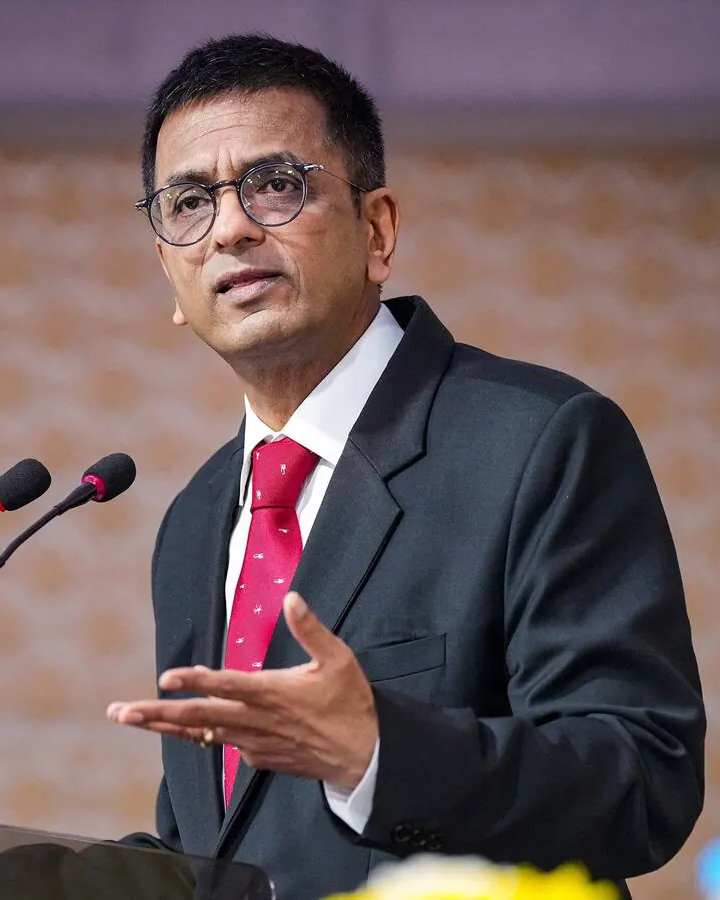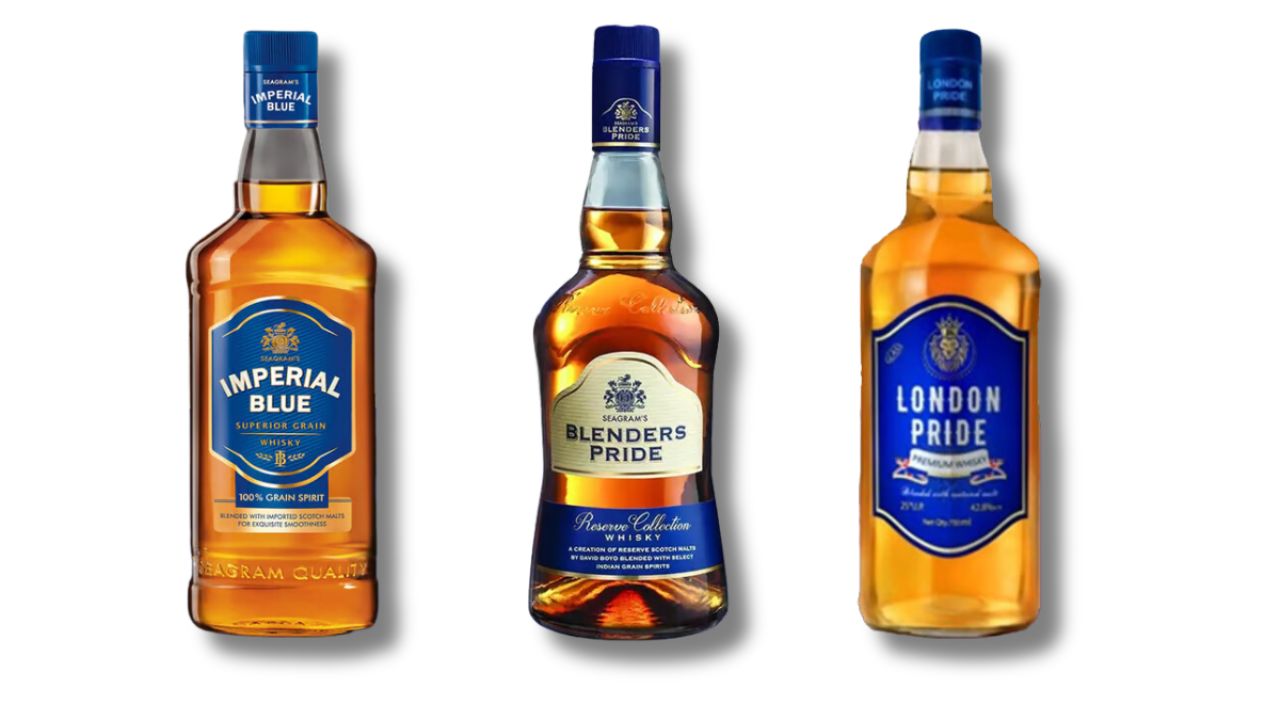The horrific incident of an inebriated passenger urinating on a fellow passenger on an Air India flight from New York to Delhi in late 2022 has become a reference point on passenger behaviour on flights. The drunken passenger – Shankar Mishra – was arrested after enormous media pressure, and the airline was pulled up by the Directorate General of Civil Aviation (DGCA).
Later, the 72-year-old woman passenger filed a petition in the Supreme Court, demanding urgent formulation of standard operating procedures (SOPs) to deal with intoxicated passengers. The DGCA in an affidavit filed before the Supreme Court said it was left to the discretion of every airline, as per Clause 4.3 of Civil Aviation Requirements (CAR), to formulate a policy so as to not leave passengers inebriated which increase the risk of them committing nuisance.
The DGCA said that Civil Aviation Requirements (CAR) are in place to deal with “handling of unruly passengers”. In her petition, the woman had requested SC to direct DGCA to frame a ‘zero tolerance’ SOP and rules to strictly deal with onboard unruly/disruptive behaviour and its implementation in letter and spirit by all airlines.
She pointed out that the Air India crew faltered in handling the sensitive issue in a very casual manner causing immense damage to her dignity. Stating that the airline first served excess liquor to the accused co-passenger and then forced her to enter into a settlement with him while failing in their duty to report the incident to the police, she called upon the DGCA to consider “drunkenness” as unruly or disruptive behaviour on an aircraft.
Air India had a policy on serving liquor on international flights as per which a passenger can’t be served more than two drinks on a flight that is less than four hours. However, the amount of alcohol served differs from business, first and economy classes with the last mentioned just getting one drink.
Air India’s apology for not handling the incident properly and for being insensitive to the woman passenger, came a bit late and with the Air India Chief Executive Officer, Campbell Wilson adding that it would review the ‘policy on service of alcohol in flight’.
Not a one-off incident
This was not just one incident. On December 6, 2022 on a Paris-New Delhi flight, a drunk passenger was caught smoking in the lavatory, ignoring the crew’s admonition. And another passenger allegedly relieved himself on a vacant seat and blanket of a fellow female passenger when she had gone to the lavatory. Disgusting, to say the least.
IATA says offenses often go unpunished
The International Air Transport Association (IATA) has said that there is growing concern from airlines, governments and passengers at the increasing frequency and severity of these incidents that involve violence against crew and other passengers, harassment and failure to comply with safety and public health instructions.
27% alcohol use, 24% smoking violations
IATA said that incidents involving unruly behaviour in airlines are on the rise. Alcohol use is involved in 27% of these cases while 24% cases related to noncompliance with smoking regulations. IATA said the solution seems obvious. “If too many airline passengers are abusing alcohol and acting violently, airlines can limit alcohol sale to solve the problem. However, airlines are looking for a regulatory fix, showing their reluctance to lose the alcohol sales profit despite the harm alcohol is causing.
In the US, federal law prohibits flight crews from allowing “obviously intoxicated passengers” to board aircraft, and it doesn’t allow flight attendants to serve alcohol to anyone who appear intoxicated.
IATA core principles on dealing with unruly passengers
In June 2014, at the 70th annual general meeting of IATA, the industry unanimously adopted a set of core principles for dealing with the issue of unruly passenger behaviour. To support these principles, IATA has published a document “Even safer and more enjoyable air travel for all – A strategy for reducing the problem of unruly and disruptive passenger incidents”, that uses examples of good practice to illustrate the practical steps that must be taken to significantly reduce the problem of unruly and disruptive passengers including urging governments to:
- Communicate the types of prohibited conduct onboard aircraft and the legal and other consequences of such conduct as per the Standards and Recommended Practices in Annex 9 – Facilitation of the Chicago Convention
- To ratify MP14, thereby removing barriers to prosecution/enforcement action
- To review the types of enforcement measures that are in place, consistent with the severity of the incident, including civil and administrative penalties such as fines that can be issued to ensure there are consequences to such behaviour as per ICAO Doc.10117
- To support the work of airlines and other industry stakeholders to prevent unruly and disruptive passenger incidents
- To assist member airlines in prevention and management of unruly passenger incidents, IATA has developed extensive guidance and training, for example in de-escalation techniques and the responsible service of alcohol during flights
No liquor on domestic Indian flights
On Indian domestic flights, no alcohol is served, but on international flights airlines do. This rule was implemented in 1994 after the Ministry of Civil Aviation received several complaints of flyers getting inebriated and misbehaving with the airline staff and other passengers.
Many airlines don’t serve alcohol
These are some of the airlines which do not serve liquor on flights – Air Arabia; Egyptair; Iran Air; Iraqi Airways, Kuwait Airways; Pakistan International Airlines; Royal Brunei Airlines; and Saudia. Not all Middle Eastern airlines prohibit sale and consumption and the best example of service is Emirates Airline which has a lounge on board with the most exotic cocktails to be had at 40,000 feet.
One black sheep such as Shankar Mishra can mess up the entire inflight experience. Stricter punishments may be deterrent. Nevertheless, it is for the cabin crew to be trained, first in serving alcohol to passengers and secondly on dealing with unruly passengers, irrespective of whether the passenger is inebriated or not.
Pilot too drunk, suspended
While these incidents are passenger related, recently Air India took action against a female pilot by suspending her for three months after she failed the pre-flight breath analyser test. The pilot, serving as a first officer on a Boeing 787 aircraft, reportedly did not pass the test just before she was scheduled to operate a flight from Delhi to Hyderabad.
The DGCA has laid down norms for pilots and other crew members, all of them are mandated to undergo pre-flight breath analyser examinations prior to their first departure during a flight duty period. If any crew member tests positive, strict penalties are imposed. In the case of a first-time failure, suspension from flying duties for a duration of three months is the prescribed punishment.
Last year, DGCA revised the norms regarding the medical examination of aircraft personnel with regards to alcohol consumption. The regulations prohibit the consumption of any substance containing alcohol, including mouthwash or tooth gel, which could potentially result in a positive breath analyser test. “No crew member shall consume any drug/formulation or use any substance such as mouthwash/ tooth gel or any such product which has alcoholic content. This may result into positive breath analyser test. Any crew member who is undergoing such medication shall consult the company doctor before undertaking flying assignment.” Additionally, crew members undergoing medication are advised to consult the company doctor before undertaking any flying duties.
– R. Chandrakanth




